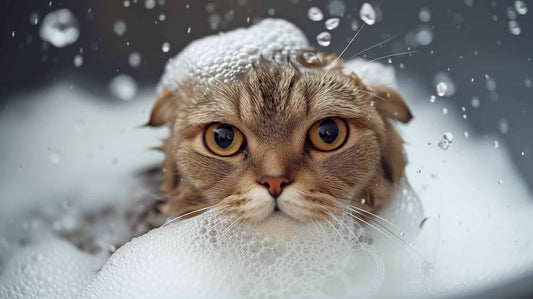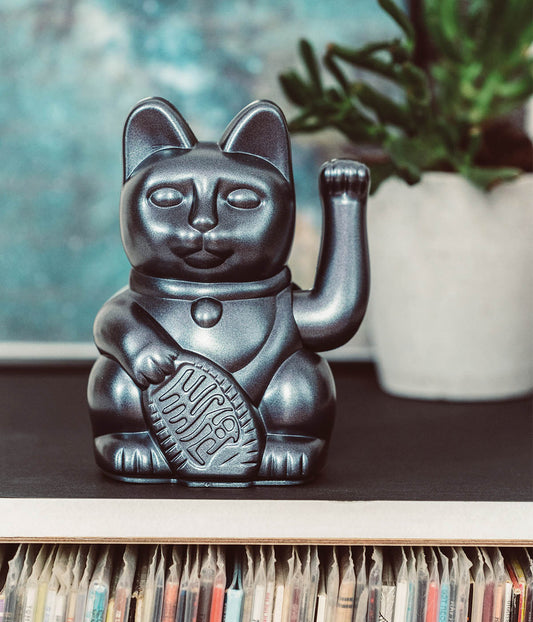
What is Cat Flu and How Do You Treat it?
Marie DuchessAs a cat owner, there's nothing worse than seeing your beloved feline friend feeling under the weather. If your cat has cat flu, it's important to take action and provide the necessary care to help them recover. In this blog post, we'll explore the best ways to treat cat flu and get your cat back to their happy and healthy self.
What is Cat Flu?
Cat flu, also known as feline upper respiratory infection, is a common viral infection that affects cats. It is highly contagious and can be spread through direct contact with an infected cat or through contaminated objects. The symptoms of cat flu include sneezing, coughing, runny nose, watery eyes, loss of appetite, and lethargy.
Consult a Veterinarian
If you suspect that your cat has cat flu, it's crucial to consult a veterinarian. They will be able to diagnose the condition and provide appropriate treatment options. Your veterinarian may prescribe antiviral medications, antibiotics to prevent secondary bacterial infections, and supportive care to alleviate the symptoms.
Provide a Comfortable Environment
Creating a comfortable environment for your cat is essential for their recovery. Make sure they have a warm and quiet space to rest, away from drafts. Provide soft bedding and ensure they have access to fresh water and food. It's important to monitor their appetite and encourage them to eat by offering tasty and nutritious meals.
Keep Your Cat Hydrated
Dehydration can be a serious concern for cats with flu. Encourage your cat to drink water by providing clean and fresh water in multiple locations around the house. You can also try offering wet food or adding water to their dry food to increase their fluid intake. If your cat is severely dehydrated, your veterinarian may recommend administering fluids subcutaneously.
Minimize Stress and Support the Immune System
Stress can weaken your cat's immune system and prolong their recovery. Create a calm and stress-free environment by minimizing loud noises and avoiding sudden changes in their routine. Additionally, you can support their immune system by providing a balanced diet, rich in essential nutrients. Consult your veterinarian for recommendations on supplements that can boost your cat's immune system.
Isolate Infected Cats
If you have multiple cats, it's crucial to isolate the infected cat to prevent the spread of the virus. Keep them in a separate room with their own litter box, food, and water bowls. Wash your hands thoroughly after handling the infected cat to avoid transmitting the virus to other cats.
Monitor Your Cat's Progress
Keep a close eye on your cat's symptoms and monitor their progress. If their condition worsens or if they show signs of severe respiratory distress, contact your veterinarian immediately. Regular check-ups and follow-up appointments are essential to ensure your cat is on the path to recovery.
Conclusion
While cat flu can be distressing, with the right care and treatment, your feline friend can make a full recovery. Consult your veterinarian, provide a comfortable environment, keep your cat hydrated, minimize stress, and monitor their progress. By following these steps, you'll be helping your cat fight off the flu and get back to their playful and happy self in no time.













